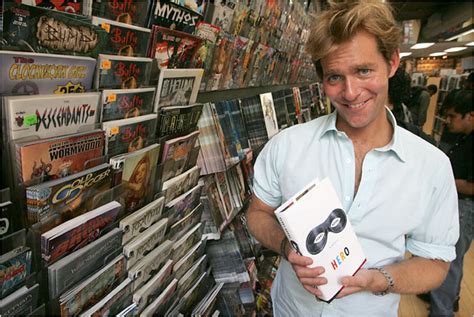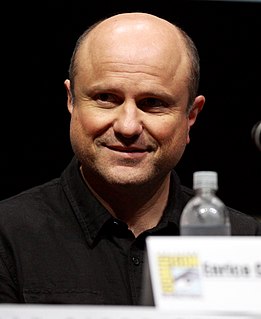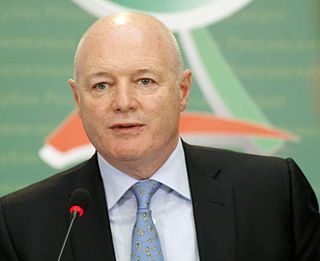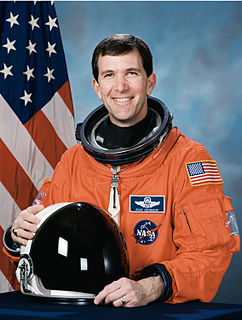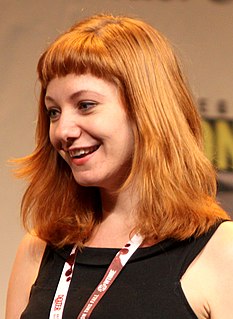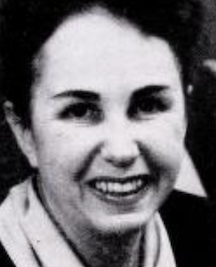A Quote by Billy Corgan
Twenty-eight to 31 is the tough period. You have to be really careful because it's so cataclysmic, so life-altering. People do really dramatic things like get married, or they'll get divorced. Your chances of committing suicide go way up. It's basically psychic death. You see the signs of it around 27, and you're still on the out-end of it around 31. Everyone I've talked to who's gone through that and come out the other side walks out of it like, "MY LIFE IS GREAT".
Quote Topics
Around
Basically
Because
Careful
Cataclysmic
Chances
Come
Committing
Committing Suicide
Death
Divorced
Dramatic
Eight
End
Everyone
Get
Get Married
Go
Gone
Great
Life
Life Is
Life Is Great
Like
Married
My Life
Other
Out
People
Period
Psychic
Really
See
Side
Signs
Still
Suicide
Talked
Things
Through
Tough
Twenty
Up
Walks
Way
Your
Related Quotes
Sometimes I get drunk and I get into arguments with taxi drivers. And I get out the cab and I slam the door. That's not the way to win an argument with a taxi driver. The way to win is you get out of the cab and you leave the door open. And then he has to step out and come around and close that door. And while he's doing that, I'm on the other side opening the other doors-and we just go around and around and around, and I got my own Benny Hill situation going on in life.
You can't go on like you're going to start really living one day like all this is some preamble to some great life thats magically going to appear. I'm a firm believer that you have to create your own miracles, don't hold out that there's something better waiting on the other side. It doesn't work that way. When you're gone, you're gone. Don't wait.
Culturally, now, we're really tight around death, and as a result I think people miss out on a lot of the beautiful aspects of the end of life process that can be very helpful for the grieving process, that can be a really beautiful part of transition of life that we don't get to experience because it's not in the conversation.
Traveling is amazing. You meet so many great, positive people. You get to see new faces all the time. I don't think that loneliness, it's not like you have no one in your life. Well, I'd say it's like . . . you can have everyone you need in your life and still be lonely. Everyone knows that. Being on the road is complicated and shitty; it's also really, really rad.
People just like the thrill of anything. Dangerous things and dark things are exciting. Like as a kid, I knew I wasn't going to get killed if I went into the Haunted House but you kind of feel like you are. And when it comes out the track the other side, it's like, "we're still alive"! And I find it really funny when adults get really scared because I've not been really scared since I saw Jaws when I was a little kid. I just think people like the thrill of it, they like to feel like they accomplished something, that they survived the movie.
And it would be a bit out of character. President Recep Tayyip Erdogan may have started out as a reformer, but he really enjoys being seen as a larger-than-life tough-guy figure. He doesn't go on photographed hunting expeditions, for instance. But he does have hero moments, such as when his convoy stopped in the middle of the Bosphorus Bridge and he allegedly talked down a jumper, prevented him from committing suicide.
Sometimes when I'm going to the supermarket to get the coffee and cat litter, I get freaked out and see all these people staring, and you turn around and there's, like, 40 people all looking at you... and when you go around the corner, they're all following you! You start freaking out like a trapped animal.
I intentionally leave adults out in my stories, not to say that they're not in charge or that they don't care, or that they're failing at what they do. Not at all. It's two things: It's a way to be true to what adolescence feels like, because, okay, your parents may be around, but you still don't want them to be around. What you go through, you go through alone, I think.
I try to be the best husband and father I possibly can. And it doesn't mean I get to spend as much time with my family as I'd like, but I do the best I can. Even if you do get to be an astronaut and get to go and do a lot of interesting things, at some point that will come to an end. If in the process you short change your family or compromise your values along the way, when you get through on the other side, it won't really be worth it. At least not to me.
A lot of people end up getting married more out of expectation than out of passion for each other, but if your options have ever been, 'We either get married or break up,' be careful. Marriage should be a new addition you add to the house that is your relationship, not the structure you impose on the house once it's already built.
I admire people who are suited to the contemplative life. They can sit inside themselves like honey in a jar and just be. It's wonderful to have someone like that around, you always feel you can count on them. You can go away and come back, you can change your mind and your hairdo and your politics, and when you get through doing all these upsetting things, you look around and there they are, just the way they were, just being.
My illness has changed me - I've always thought "life is short and I wanna make as much of it as I can," but I really don't have time to mess around. This has really been a wake-up call in terms of what's important, and I'm working hard to figure that out. I need to get better at not doing favors for people all the time. It's hard because there's so many people who have helped me get to the point where I'm in a band that people wanna come see, or where people pay money to see me lecture.
Americans have a hard time writing moms. I'll get a script and everything's really great and well-drawn, but the mom is like stock footage, they go and get that out. They plug it in, this idea of "mother." You could lift moms out of any script, no matter what the culture, what the neighborhood, what the economic status, and you could switch them around, and they'd be the same person. I think it's because most people don't really have a human idea, a specific life that they attach to who their mother was. Their mother was there for them, so it either gets deified, or the opposite.


